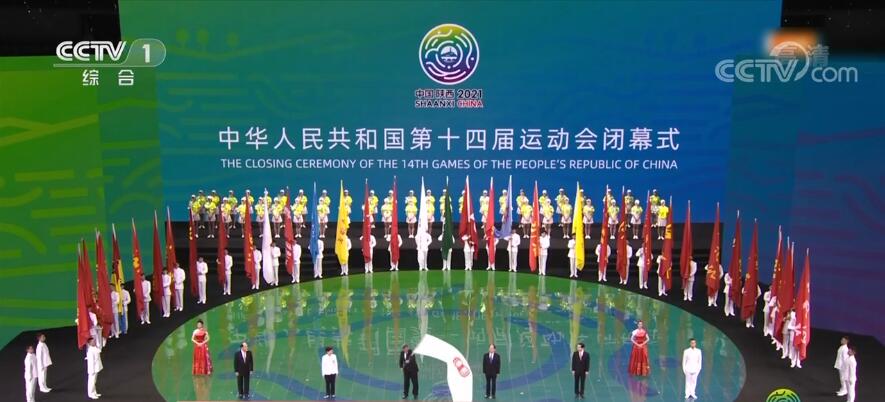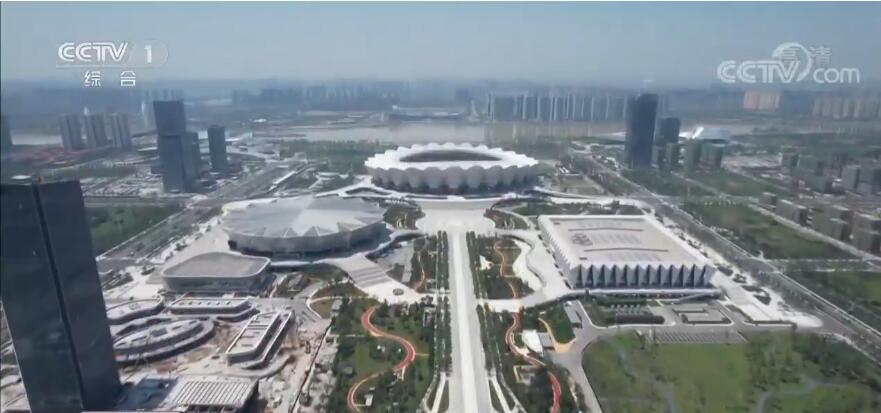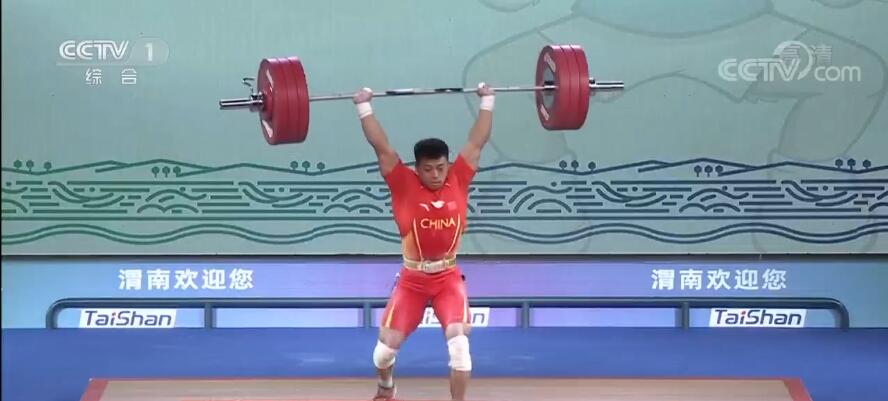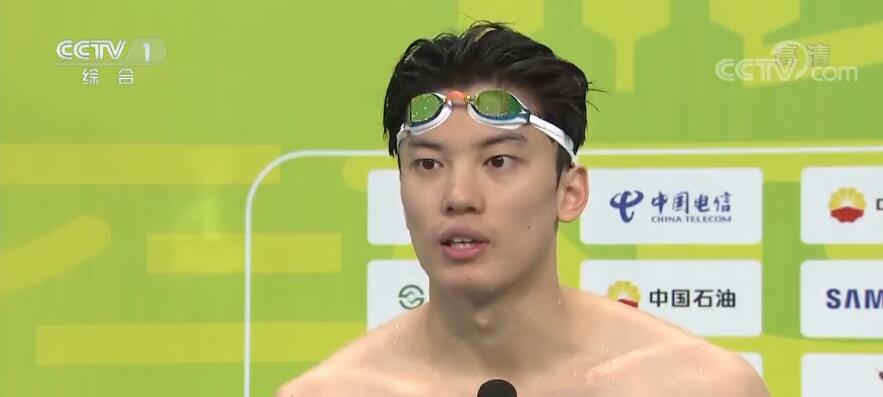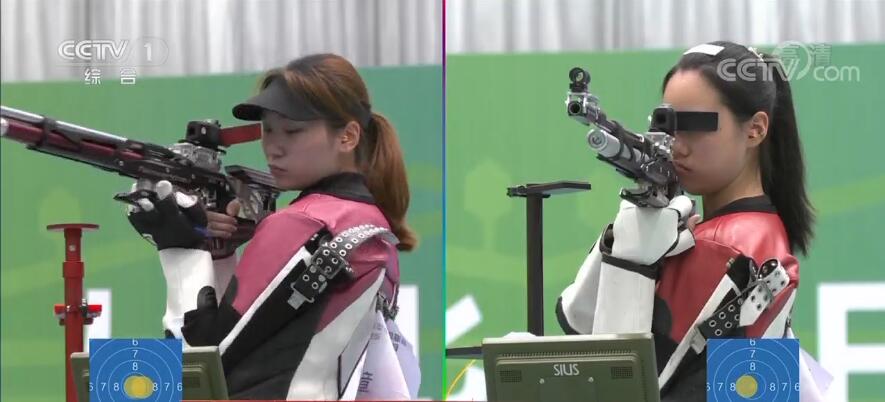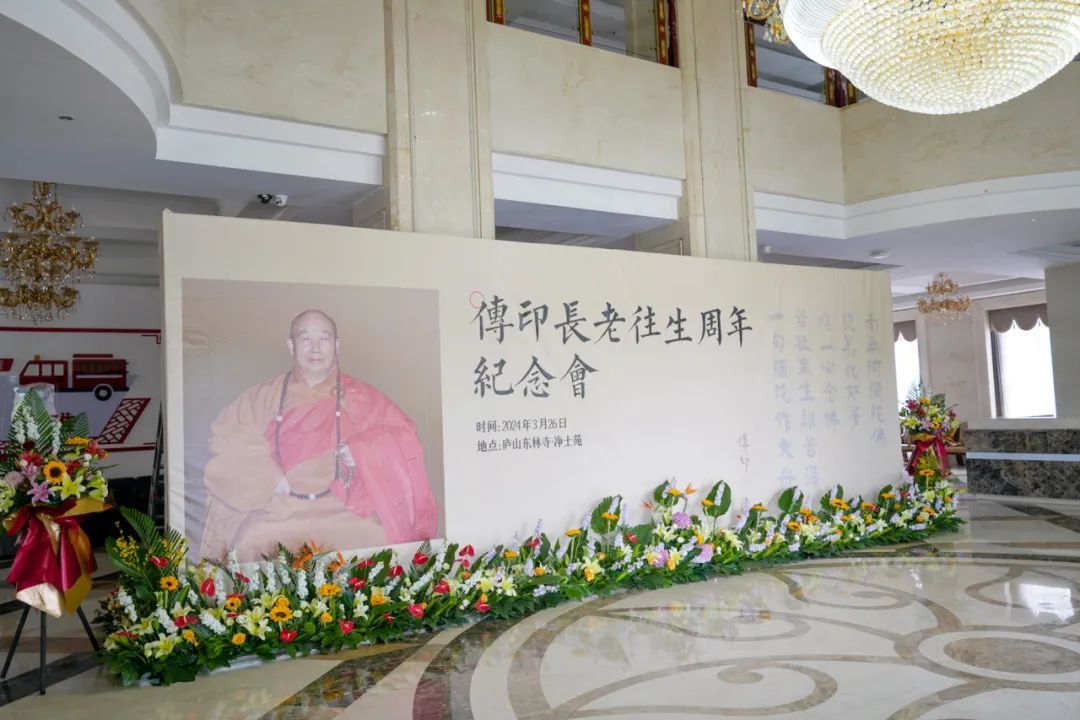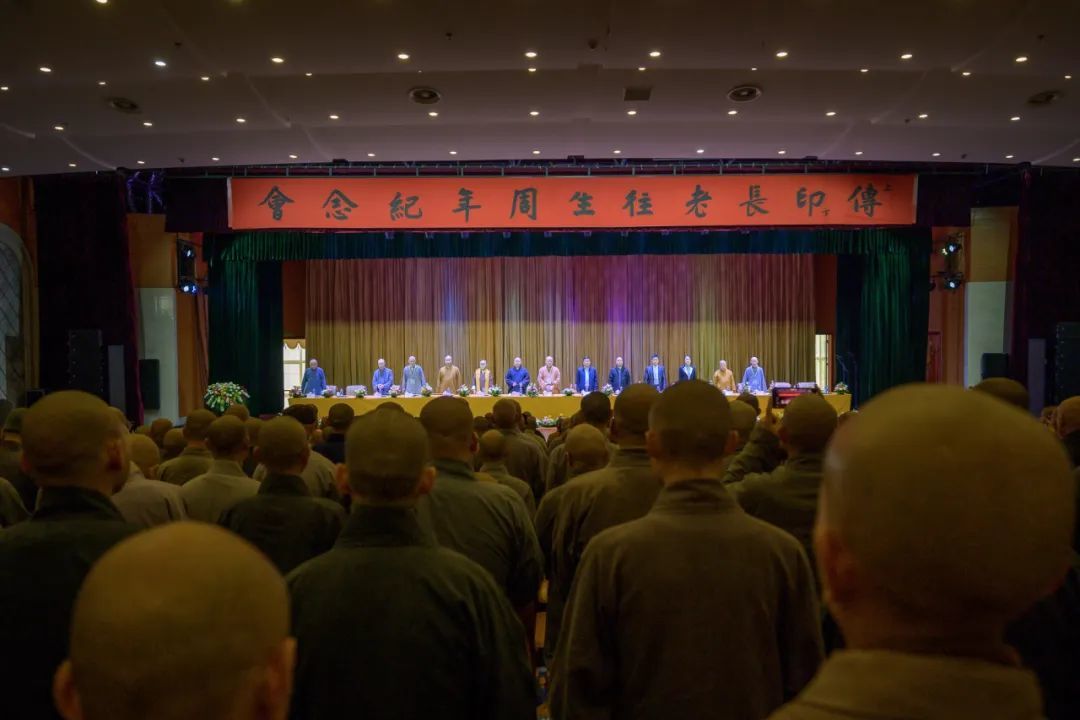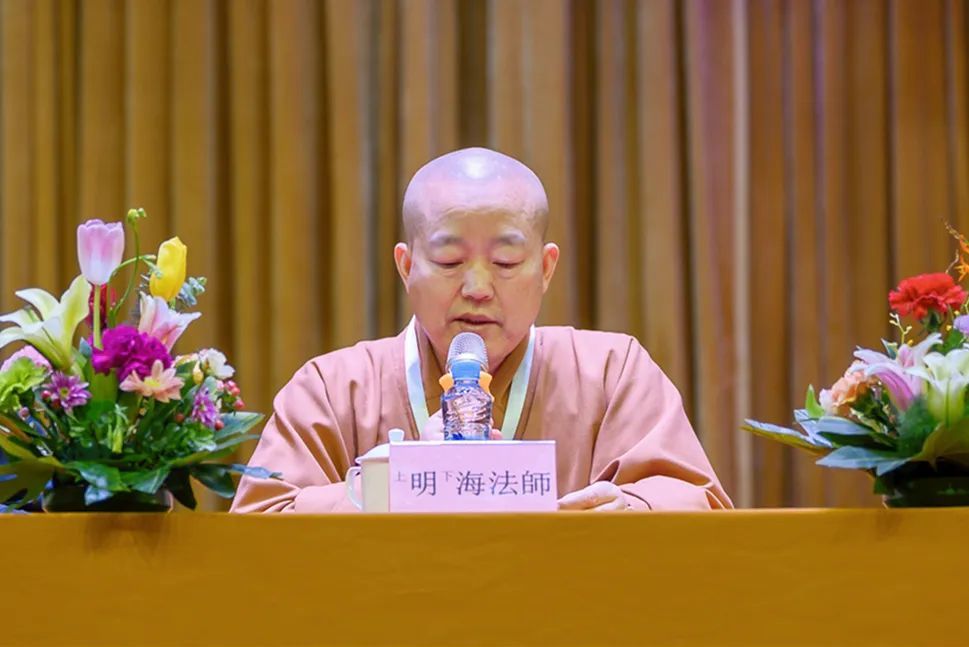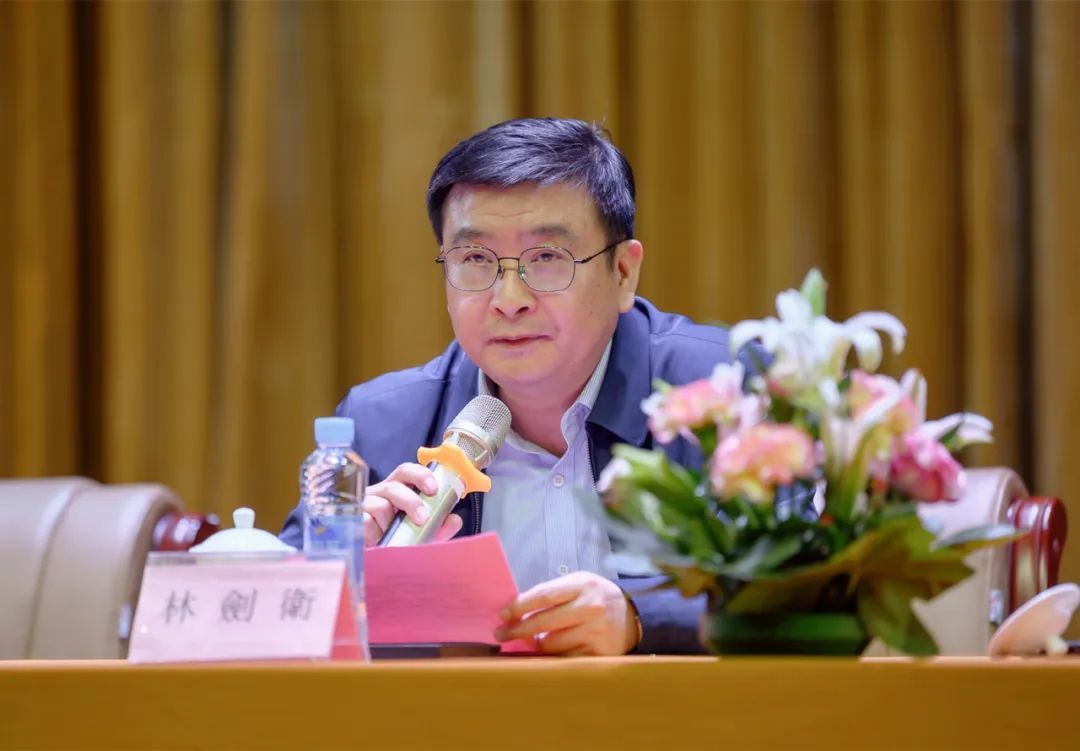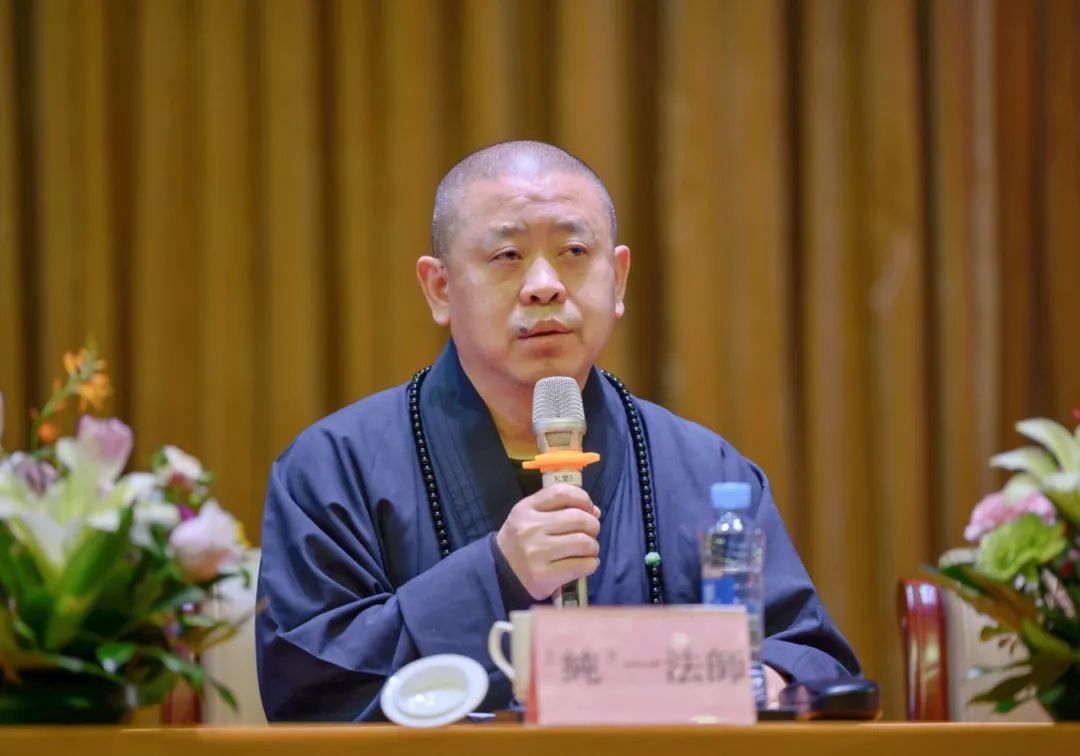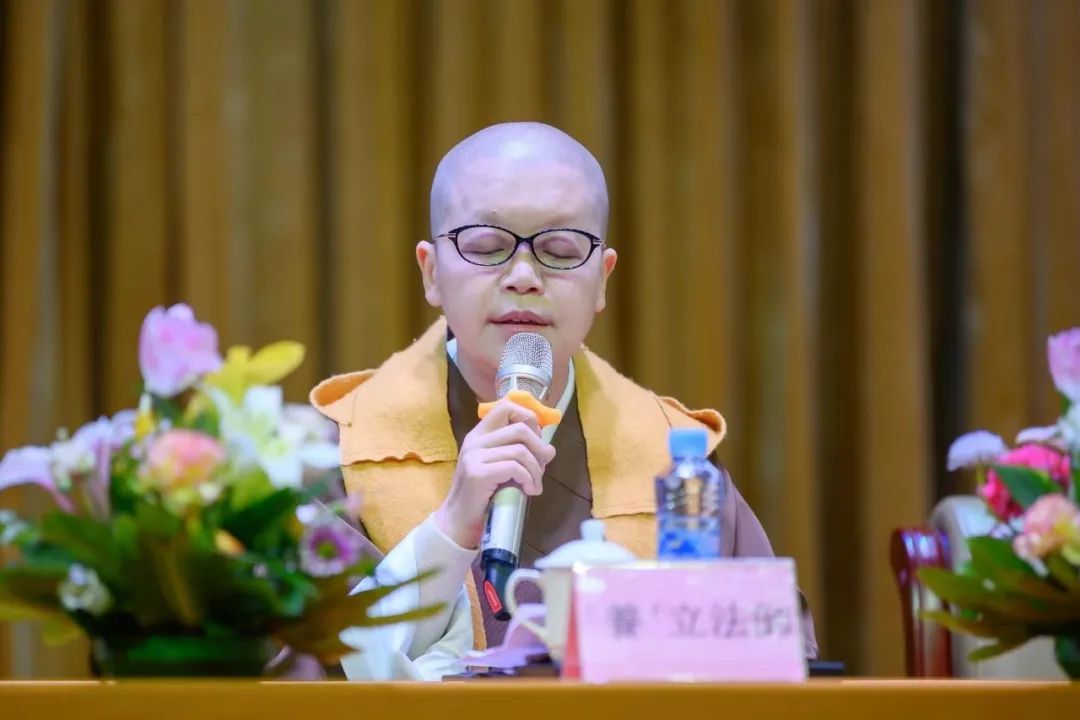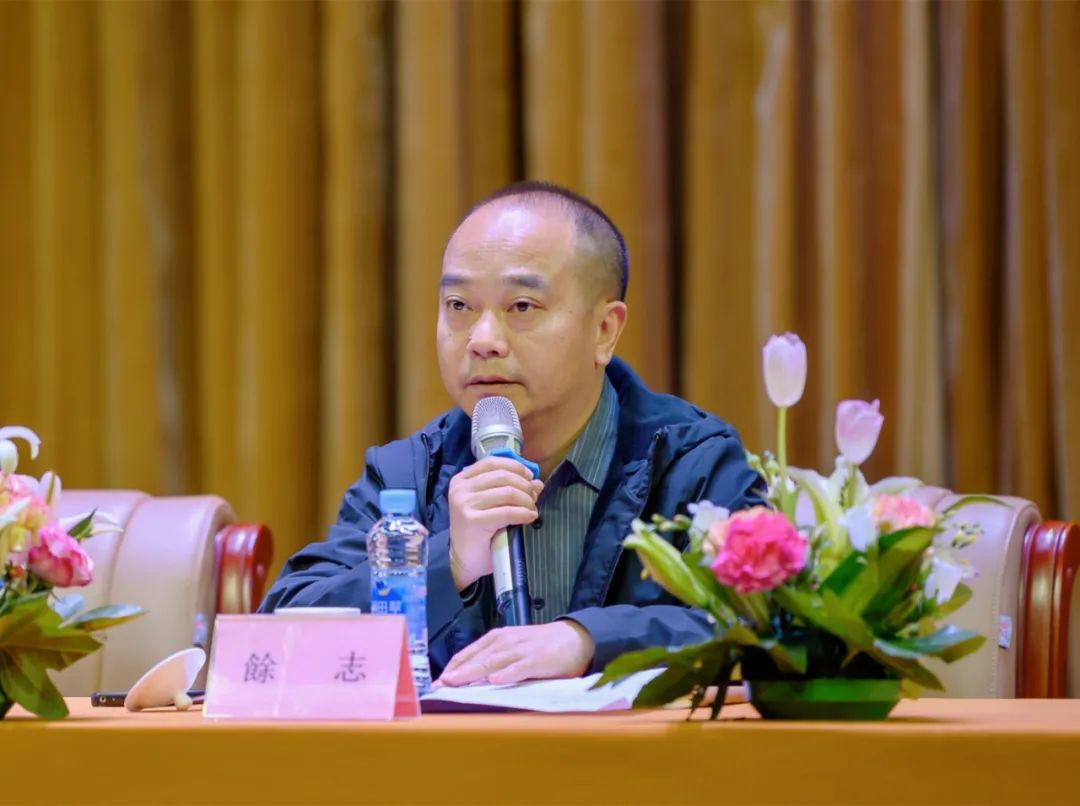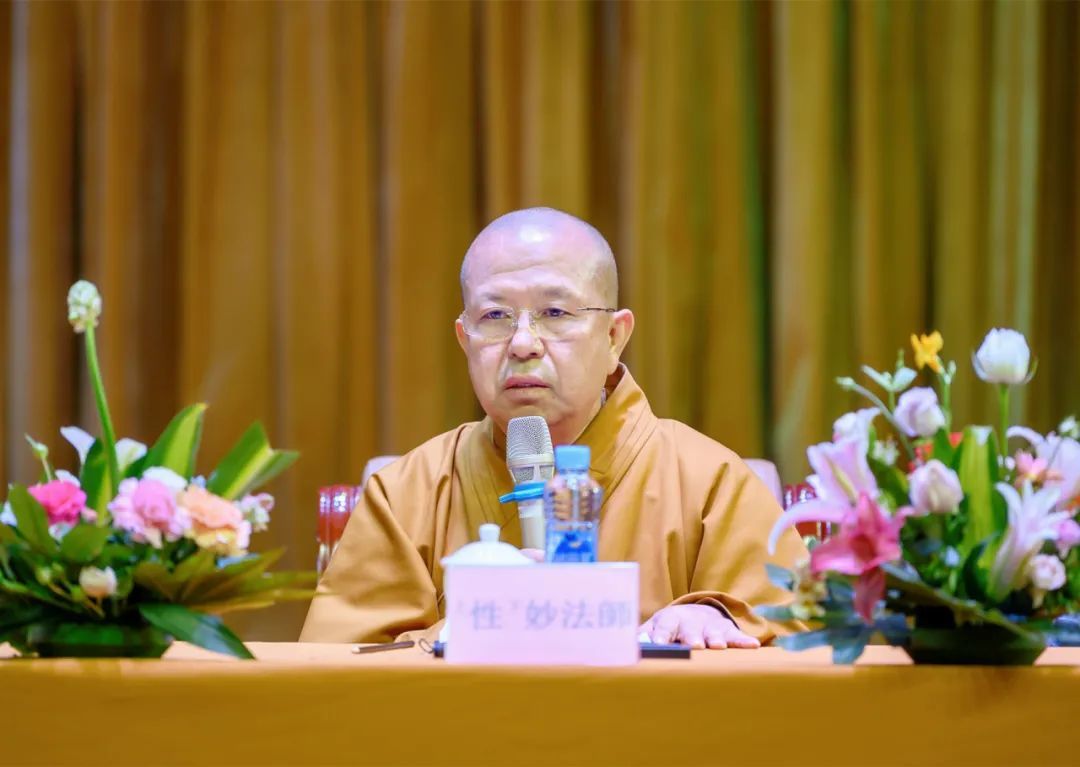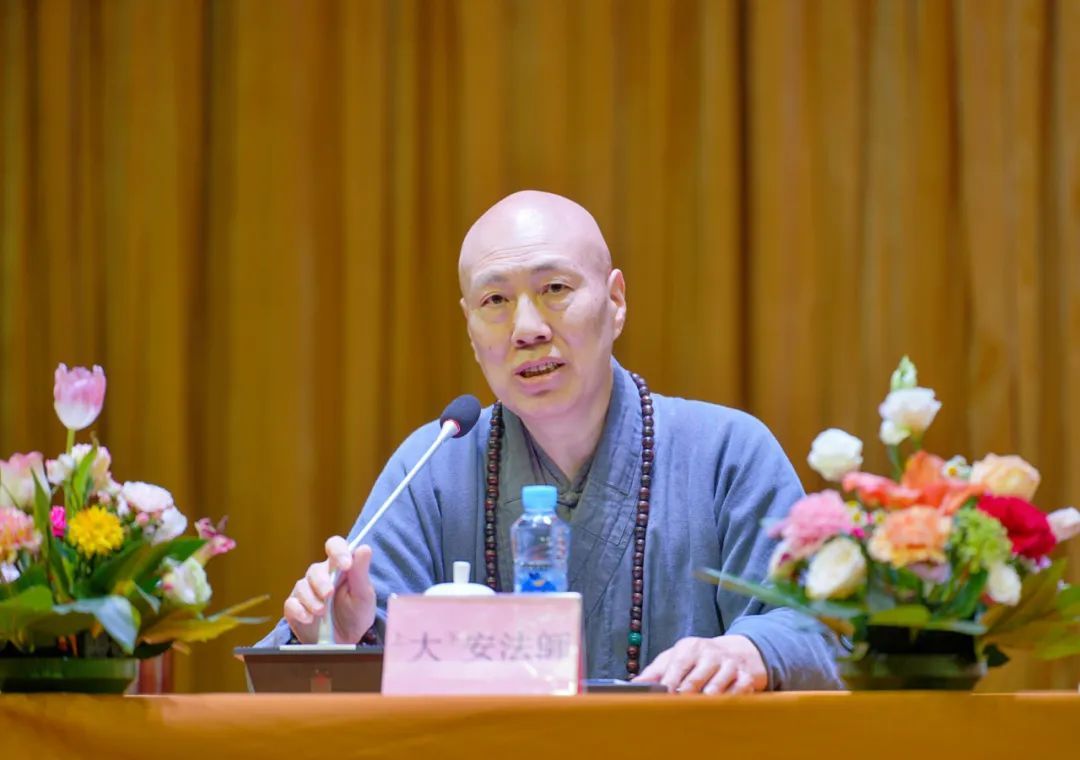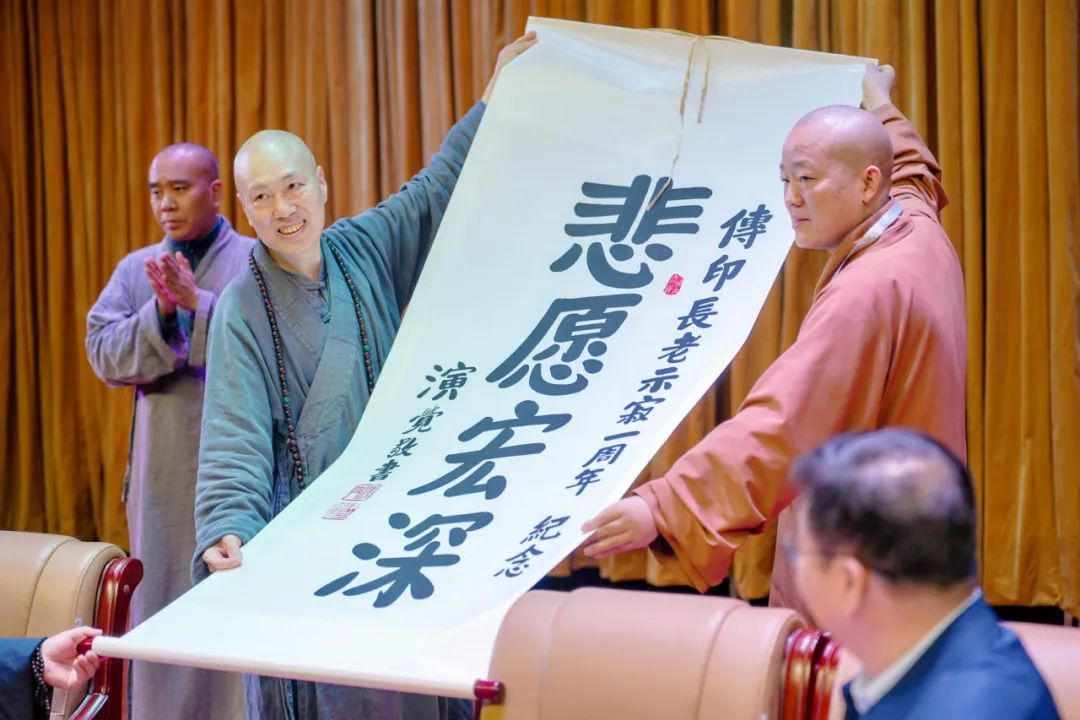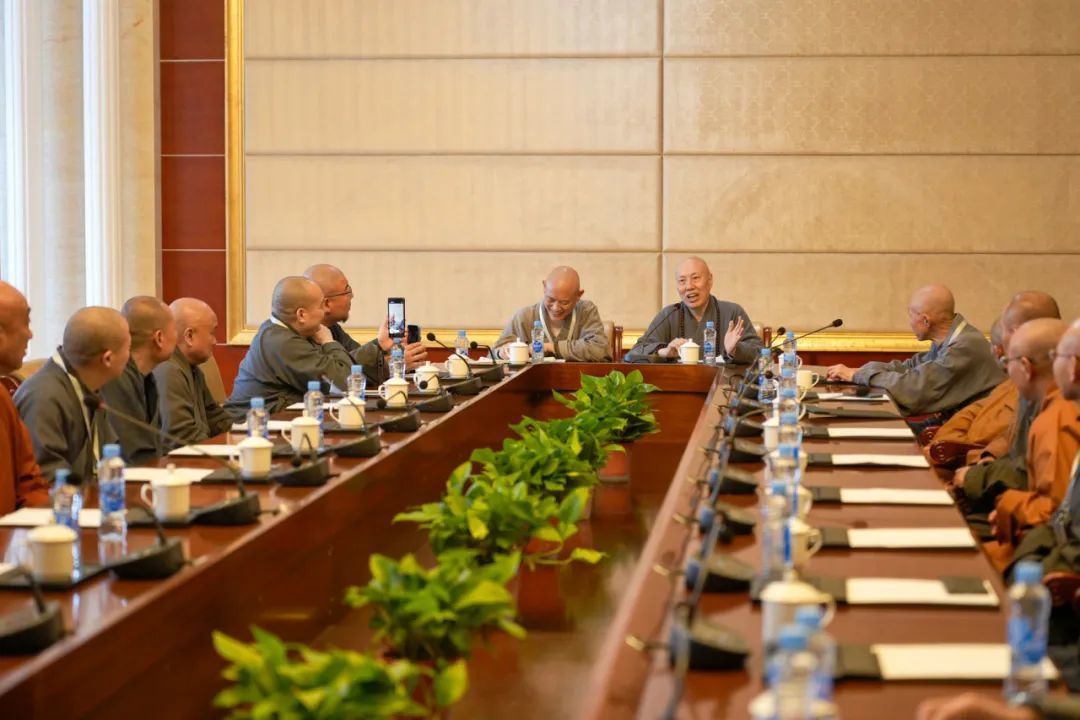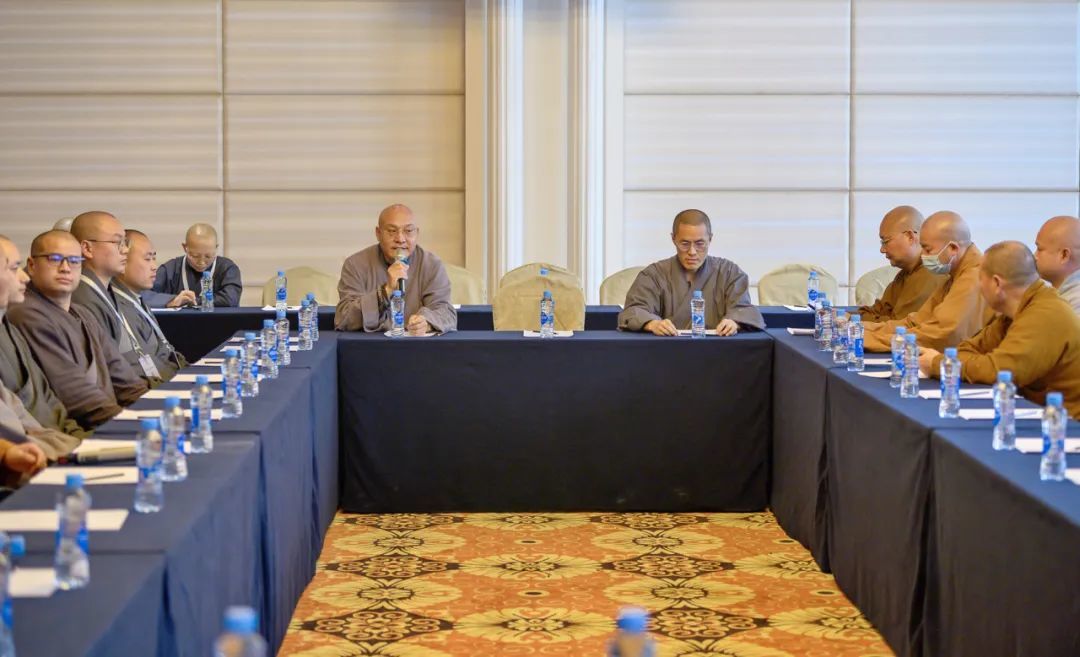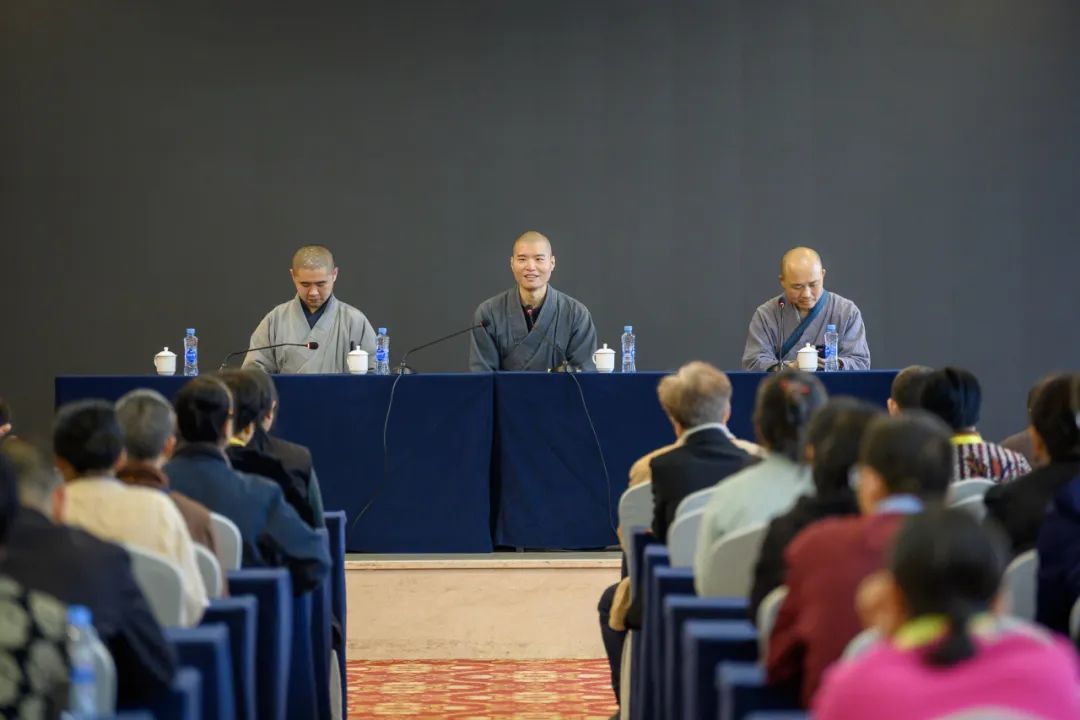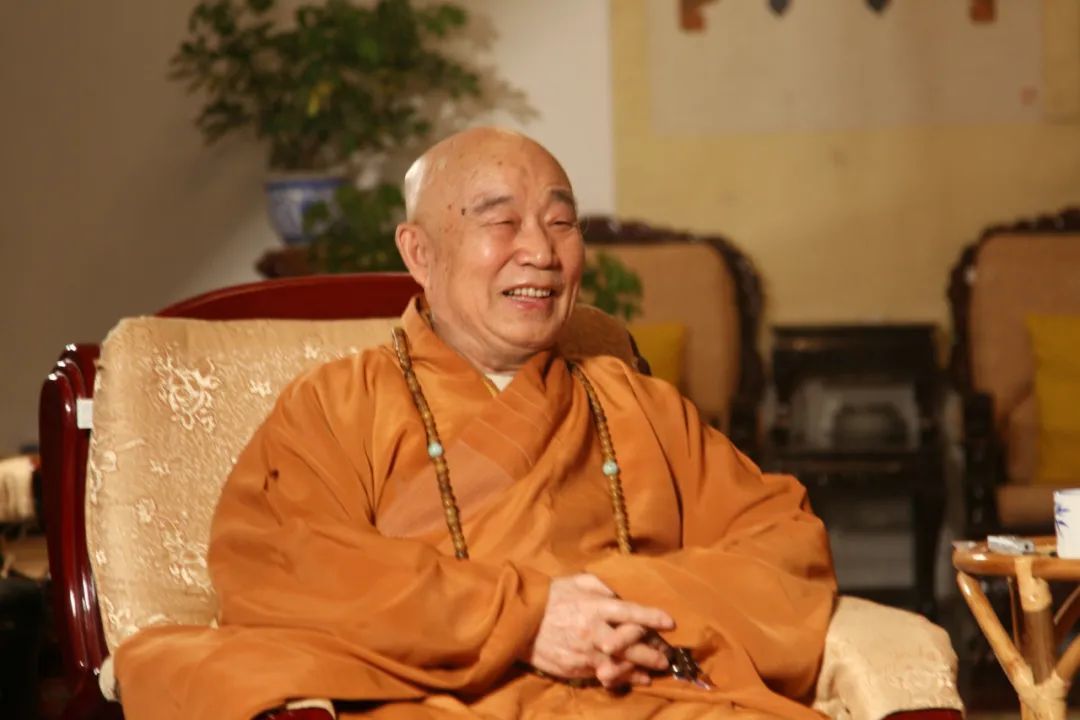Editor’s note:Hypertension is a common and frequently-occurring disease. The onset of this disease is generally slow, and patients often have no symptoms in the early stage, or only have dizziness, headache, palpitation, tinnitus and other symptoms. On the surface, it is an independent disease, but in fact it is an important risk factor for cardiovascular, cerebrovascular and renal diseases. If it is not treated properly, it will become more serious complications of hypertension such as stroke, myocardial infarction and renal failure. Is your blood pressure above the standard? Let’s take a look at some methods to prevent hypertension.
Blood pressure is not obedient, do a set of antihypertensive exercises.
1. Preparation: Sit up, look ahead, hang down your arms, put your palms on your knees, make your arms bend naturally at 90 degrees, keep your feet shoulder width apart, relax your muscles and breathe evenly.
2. Press and rub the temples: rotate clockwise for one beat, and do about 32 beats.
3. Press and knead Baihui point: rotate with the palm close to Baihui point, one beat per week, making 32 beats in total. Baihui point is 7 inches in the middle of the back hairline, when the tips of the ears are straight up and the top of the head is in the middle.
4. Press and knead Fengchi point: press and knead bilateral Fengchi point with both thumbs, and rotate clockwise, with one beat per week, making a total of 32 beats. Fengchi point is on both sides of the big tendon behind the forehead and parallel to the earlobe.
5. Mow your head and clear your brain: naturally separate your hands and fingers, massage with thenar from the forehead to the back of your ear, and walk once for a beat, about 32 beats.
6. Wipe the neck: wipe the sternocleidomastoid muscle of the right neck with the thenar of the left palm, and then wipe the left neck with the right hand, once for a beat, for a total of 32 beats.
7. Press Quchi point: first right hand and then left hand, and rotate once for a beat, making a total of 32 beats.
8. Kneading the chest wide: press the Neiguan point with your thumb, first rub your left hand and then rub your right hand, and press it clockwise for one beat, a total of 32 beats.
9. Leading blood downward: press Zusanli point of left and right calves with the thumb of both hands respectively, and make a beat for one rotation, making a total of 32 beats.
10. Expanding chest and regulating qi: relax and droop your hands, then hold your empty fists, bend your elbows to shoulder height, expand your chest backwards, and finally relax and restore.
11 kinds of food can lower blood pressure.
1. berries. Blueberries and strawberries contain antioxidant anthocyanins. Studies have found that people who consume more anthocyanins reduce their risk of hypertension by 8%. Consider berries as snacks or desserts, or add them to smoothies or oats.
2. bananas. Bananas contain a lot of potassium, which helps to control blood pressure. The American Heart Association recommends that adults should consume 4700 mg of potassium every day. Foods rich in potassium include avocado, cantaloupe, flounder, mushrooms, potatoes, tomatoes, tuna, dates, dark green vegetables, etc., but patients with kidney disease should seek the guidance of a doctor before eating.
3. pistachio. Pistachio nuts and almonds all help to lower blood pressure, and salt-free nuts are healthier.
4. Dark chocolate. A retrospective study shows that chocolate can lower the blood pressure of the general population and patients with prehypertension. It is recommended to choose high-quality chocolate with cocoa content above 70%.
5. Kiwifruit. The study found that eating three kiwifruits a day significantly reduced blood pressure after 8 weeks. Its rich vitamin C may be a "hero".
6. watermelon. Citrulline in watermelon can help control blood pressure, which can promote the body to produce nitric oxide which can relax blood vessels, increase arterial elasticity and speed up blood flow.
7.oats. A review of 28 experiments concluded that dextran in oats and barley can lower blood pressure. It is suggested to start the day with oatmeal and drink barley tea often.
8. garlic. Garlic can increase the synthesis of nitric oxide and help dilate blood vessels, and its main active ingredient, allicin, is beneficial to health. Garlic can be added to stir-fry dishes, soups and omelets, which can refresh them.
9. milk Milk and yogurt are foods rich in calcium. Many studies have shown that after supplementing about 1000 mg of calcium, all the results showed that the blood pressure of the subjects decreased slightly. The American Heart Association pointed out that yogurt can reduce the risk of hypertension in women. It is recommended to drink natural yogurt without sugar and add fresh fruit or nuts. It is not recommended to use supplements that exceed the reference intake of calcium to prevent and treat hypertension.
10.cinnamon. Studies have shown that cinnamon can reduce short-term systolic blood pressure by 5.39 mm Hg and diastolic blood pressure by 2.6 mm Hg. Cinnamon can be used as seasoning or instead of sugar in daily diet.
11. lentils It is an excellent source of vegetarian protein and fiber, which helps to lower blood pressure. It is delicious when added to salads, stews and soups.
Five methods are beneficial to lowering blood pressure.
1. Sitting posture should be correct. Shaking or crossing your feet while sitting is a posture between sitting and standing, which will affect the blood pressure reading, because the blood pressure of the two postures is different. The correct way is to sit in a chair with your back flat on the back of the chair, your feet flat on the floor, and your legs should not cross, otherwise it will affect the blood flow.
2. The arm is supported. If your arm is positioned too high or too low during blood pressure measurement, it will be more difficult for your heart to pump blood, resulting in a high blood pressure reading. The correct way is to put your arms flat on the table, even with the position of your heart.
3. Breathe slowly. When you are stressed, your blood pressure will rise. Deep breathing can relieve stress and lower blood pressure. The correct way is to inhale deeply through the nose, fill the chest and abdomen, and then exhale slowly through the mouth, and repeat the above process.
4. Eat dark chocolate. A literature review of 35 related studies found that healthy adults who eat foods rich in flavanols, such as cocoa and dark chocolate, can lower their blood pressure by 2 mm Hg. But this doesn’t mean that you should eat it before measuring your blood pressure. It is the right way to develop healthy eating habits in your daily life.
5. Do grip strength exercises. The study found that the systolic blood pressure of healthy adults can be reduced by about 10 mm Hg after doing simple grip strength exercises for 15 minutes three times a week for 10 weeks. However, we should pay attention to avoid doing grip strength exercises 1 hour before blood pressure measurement, so as not to affect the results.
Tip: Eight reasons quietly raise blood pressure.
1. Too much dependence on convenient processed food. The survey found that the average person in Europe and America consumed 80% of the total salt from processed food. With the accelerated pace of life, people eat more and more processed foods. Instant noodles, sausages, bread, breakfast cereal, potato chips, pizza, canned food, pasta sauce, etc. are all rich in salt. Excessive salt intake directly affects blood pressure and increases the burden on the heart. So, don’t eat processed food often to save trouble. Generally speaking, the daily salt intake of healthy people should not exceed 6 grams, the daily salt intake of diabetic non-hypertensive patients should be below 5 grams, and the daily salt intake of hypertensive patients and diabetic nephropathy patients should not exceed 3 grams. If the condition is aggravated, the control should be stricter, and the daily salt intake should not exceed 1 gram.
2. Excessive drinking every day. For people who have drinking habits, moderate drinking (one cup per day for women and two cups per day for men) often does not cause big problems. However, frequent drinking will lead to a long-term increase in blood pressure, increase the risk of atherosclerosis, and promote heart attacks and strokes.
3. Lack of exercise. A large number of studies have confirmed that lack of exercise and sedentary behavior are closely related to the occurrence of various chronic diseases, such as hypertension, cardiovascular diseases and diabetes. Moreover, it will accelerate arteriosclerosis and force the heart and blood vessels to work harder.
4. Long-term stress. Nowadays, people are under pressure for a long time because of heavy work, full schedule and challenging interpersonal relationships. The human body will secrete hormones, which will cause vasoconstriction, increase the resistance when discharging blood, raise blood pressure, and then the human body will have a series of changes.
5. Feeling lonely or isolated from society. When you feel lonely or isolated, you may not necessarily feel stressed, but when these feelings persist, it will trigger the release of dangerous stress hormones, which will lead to an increase in blood pressure.
6. Sleep apnea. If your partner often complains that you snore, you should pay attention to it. Generally speaking, lack of sleep will lead to weight gain and hypertension by increasing the release of stress hormones or increasing your craving for junk food. The main cause of sleep-related hypertension is obstructive sleep apnea (OSA). This disease can lead to the interruption of sleep and the decrease of oxygen content in the body, and the body’s response to this is the increase of blood pressure.
7. Have other health risks or take some drugs. Some diseases will collude with hypertension, such as thyroid diseases, renal vascular diseases and hypercortisolism, which will further increase hypertension. In addition, some common drugs can also raise blood pressure, such as antidepressants, decongestants, oral contraceptives, non-steroidal anti-inflammatory drugs and prednisone.
8. Have a family history. Genes play a role in the pathogenesis of hypertension, which is why seemingly healthy young people are still diagnosed with hypertension. Moreover, people with a family history of hypertension often have a common living environment and habits, which will increase the risk of high-risk groups. (Source: China Traditional Chinese Medicine News, Life Times)
